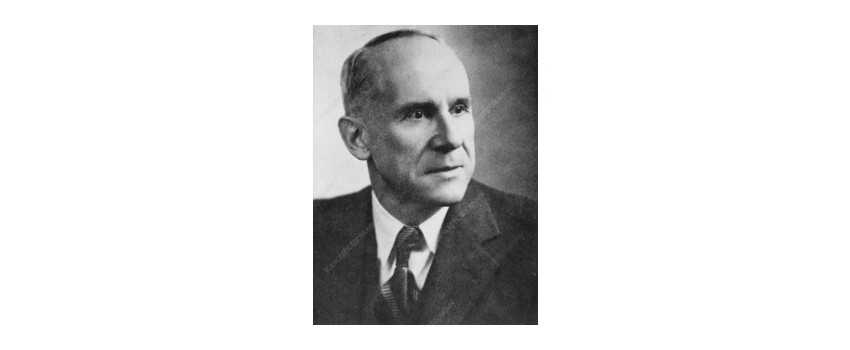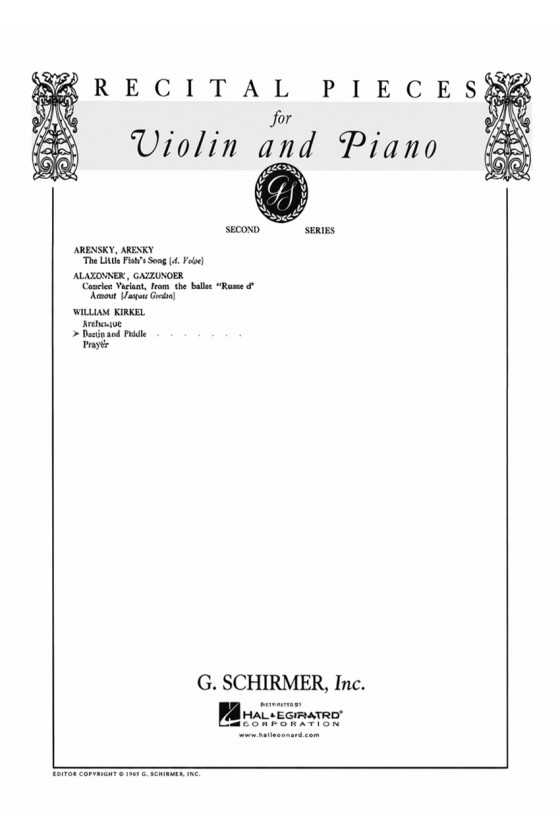Kroll, Banjo And Fiddle For Violin And Piano (Schirmer)
A dazzling recital favorite by William Kroll, Banjo and Fiddle combines rhythmic sparkle with virtuosic brilliance. This Schirmer edition is ideal for advanced performance and encores.
Key Features:
• High-energy showpiece
• Technically demanding violin writing
• Ideal for recital and encore
• Schirmer edition


